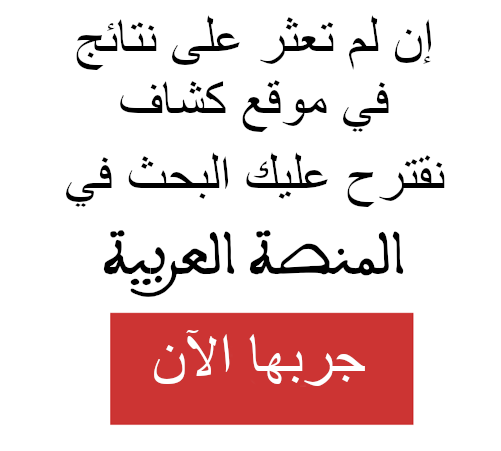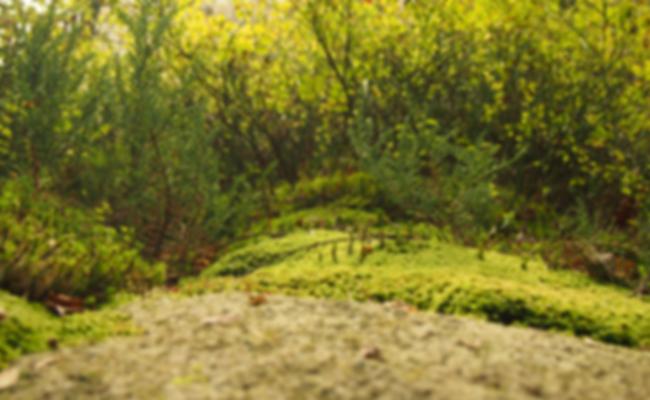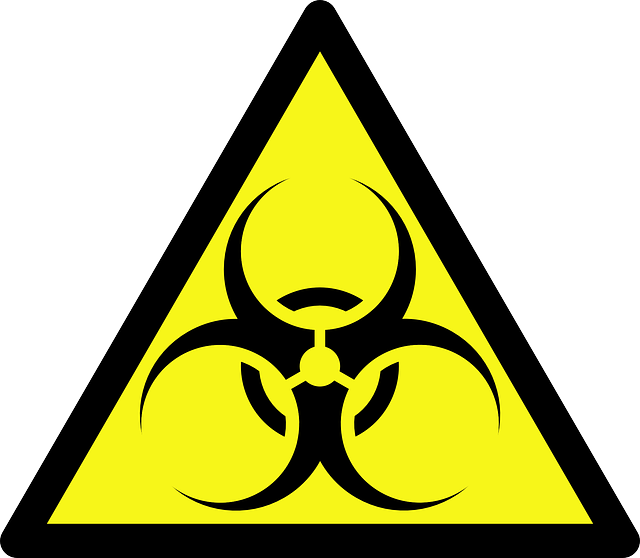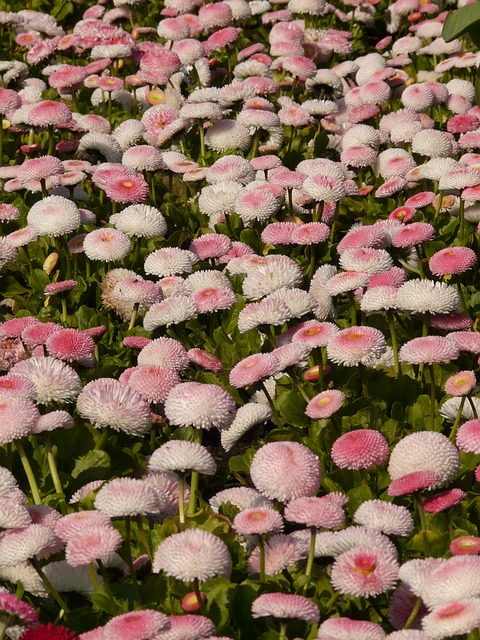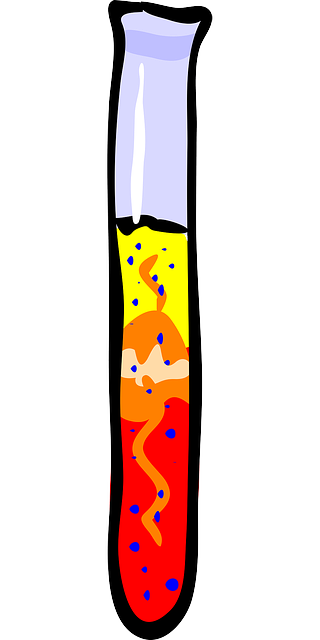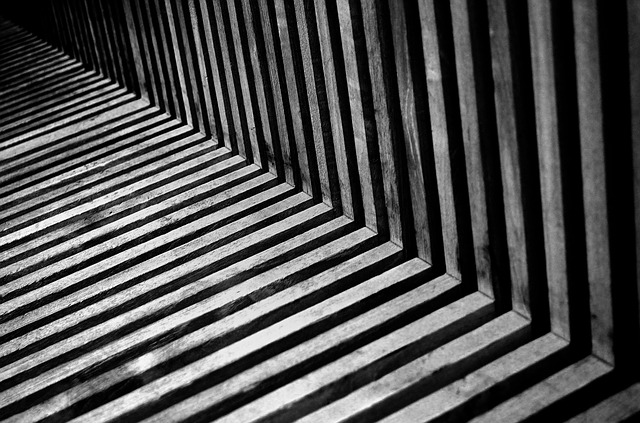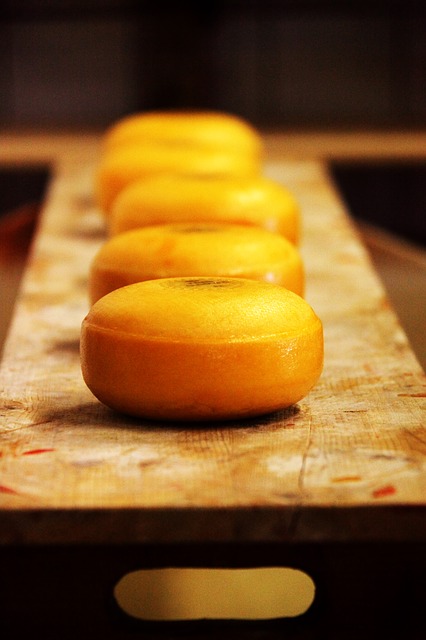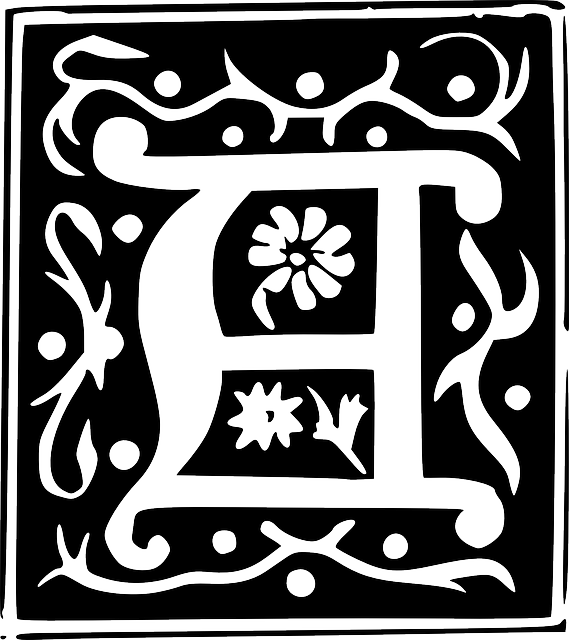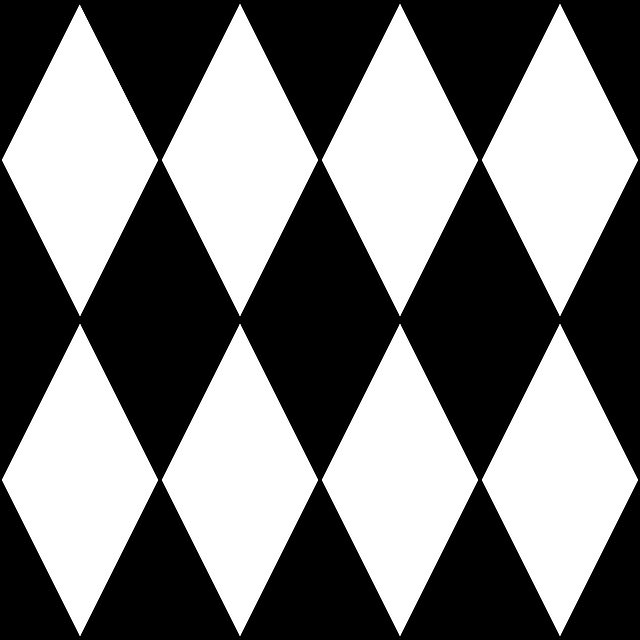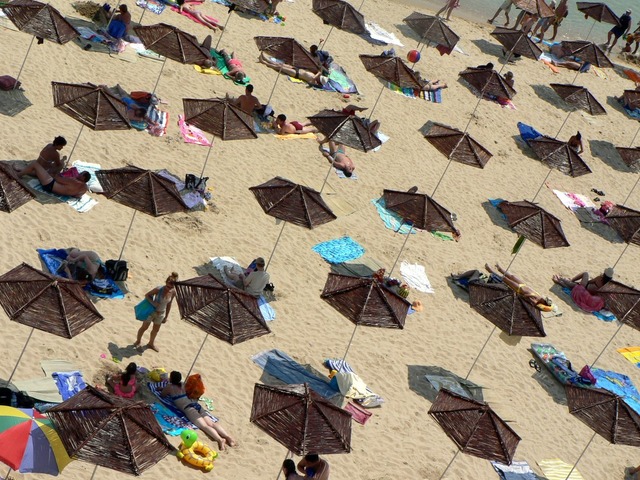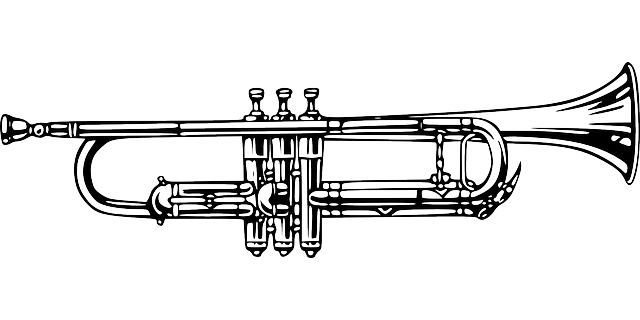حرب استقلال غينيا-بيساو
The Guinea-Bissau War of Independence was an armed independence conflict that took place in Portuguese Guinea between 1963 and 1974. Fought between Portugal and the African Party for the Independence of Guinea and Cape Verde, an armed independence movement backed by Cuba and the Soviet Union, the war is commonly referred to as "Portugal's Vietnam" due the large amounts of men and material expended in a long, mostly guerrilla war and the internal political turmoil it created in Portugal. The war ended when Portugal, after the Carnation Revolution of 1974, granted independence to Guinea-Bissau, followed by Cape Verde a year later.
Background
Portuguese Guinea (as well as the nearby Cape Verde archipelago) had been claimed by Portugal since 1446 and was a major trading post for commodities and African slaves during the 18th century, before the former had been outlawed by the Portuguese authorities. The interior was however not fully controlled by the Portuguese until the latter half of 19th century. Sporadic fighting continued during the early 20th century and the Bijagós Islands were not pacified under Portuguese rule until 1936.
Portuguese Overseas Armed Forces and the PAIGC
The war in Guinea has been termed "Portugal's Vietnam". The main indigenous revolutionary insurgent movement, the Marxist African Party for the Independence of Guinea and Cape Verde or PAIGC was well-trained, well-led, and equipped and received substantial support from safe havens in neighbouring countries like Senegal and Guinea-Conakry. The jungles of Guinea and the proximity of the PAIGC's allies near the border proved to be of significant advantage in providing tactical superiority during cross-border attacks and resupply missions for the guerrillas.
In 1961 PAIGC commenced sabotage operations in Guinea-Bissau. At the start of hostilities the Portuguese had only two infantry companies in Guinea Bissau and these concentrated in the main towns giving the insurgents free reign in the countryside. The PAIGC blew up bridges, cut telegraph lines, destroyed sections of the highways, established arms caches and hideouts, and destroyed Fula villages and minor administrative posts. In late 1962 the Portuguese launched an offensive and evicted the PAIGC cadres that had not integrated with the local population.
Tactical Changes
Military tactical reforms by Portuguese commanders included new naval amphibious operations to overcome some of the mobility problems inherent in the underdeveloped and marshy areas of the country. These new operations utilized Destacamentos de Fuzileiros Especiais (DFE) (special marine assault detachments) as strike forces. The Fuzileiros Especiais were lightly equipped with folding-stock m/961 (G3) rifles, 37mm rocket launchers, and light machine guns such as the Heckler & Koch HK21 to enhance their mobility in the difficult, swampy terrain.
In 1970 the Portuguese Air Force (FAP) began to use similar weapons to those the US was using in the Vietnam War: napalm and defoliants in order to find the insurgents or at least deny them the cover and concealment needed for rebel ambushes. In an effort to hamper assistance to the PAIGC from the neighboring Republic of Guinea, Portugal commenced Operação Mar Verde or Operation Green Sea on 22 November 1970 in an attempt to overthrow Ahmed Sékou Touré, the leader of the Republic of Guinea and staunch PAIGC ally, and cut off supply lines to PAIGC insurgents. The operation involved a daring raid on Conakry, a PAIGC safe haven, in which 220 Portuguese Fuzileiros (amphibious assault troops) and 200 Guinean anti-Ahmed Sékou Touré insurgents attacked the city.
Assassination of Amílcar Cabral
As part of the efforts to undermine the organizational structure of PAIGC, Portugal had tried to capture Amílcar Cabral for several years. After the failure of capturing him in 1970 during Operation Green Sea the Portuguese started using agents within the PAIGC to remove Cabral. Together with a disgruntled former associate, agents assassinated Amílcar Cabral on the 20th January 1973 in Conakry, Guinea. The assassination happened less than 15 months before end of hostilities.
Gallery
PAIGC soldiers loading weapons, Guinea-Bissau, 1973
Kalashnikovs for Hermangono, 1973
Female soldier playing cards, Guinea-Bissau, 1973
PAIGC recruits learning how to shoot, Ziguinchor, Senegal, 1973
PAIGC soldier with his family in a military camp, Guinea-Bissau, 1974
Drawings showing PAIGC soldiers, Farim, Guinea-Bissau, 1974
Village burnt down by the Portuguese, Guinea-Bissau, 1974
PAIGC soldier with a rocket-propelled grenade, Manten military base in the liberated areas, Guinea-Bissau, 1974
Morning roll call, Hermangono, Guinea-Bissau, 1974
Unexploded Portuguese bomb, Canjambari, Guinea-Bissau, 1974
Armed escort carries a wounded person to the Senegalese border, Sara, Guinea-Bissau, 1974
End of Portuguese rule in Guinea
On April 25, 1974 the Carnation Revolution, a left-wing military led revolution, broke out in Portugal ending the authoritarian dictatorship of Estado Novo. The new regime quickly ordered cease-fire and began negotiating with leaders of the PAIGC.
On 26 August 1974, after a series of diplomatic meetings, Portugal and the PAIGC signed an accord in Algiers, Algeria in which Portugal agreed to remove all troops by the end of October and to officially recognize the Republic of Guinea-Bissau government controlled by the PAIGC.
Independence and reprisals
Portugal granted full independence to Guinea-Bissau on September 10, 1974, after eleven-and-a-half years of armed conflict. With the coming of independence, the PAIGC moved swiftly to extend its control throughout the country. The PAIGC had already unilaterally proclaimed the country's independence a year before in the village of Madina do Boé, an event that had been recognized by many socialist and non-aligned member states of the United Nations. A one-party state controlled by the PAIGC and headed by Luís Cabral, half-brother of Amílcar Cabral was established.
Being given the choice of either to go back home with their families and belongings, and full payment till the end of December that year, or to join the PAIGC military, a total of 7,447 black African soldiers who had served in Portuguese native commando units, security forces, and the armed militia decided not to join the new ruling party and were summarily executed by the PAIGC after Portuguese forces ceased hostilities.
See also
- Portuguese Colonial War
- Guinea-Bissau Civil War
المراجع
-
^ References:
- Cuba: Havana's Military Machine, the Atlantic, August 1988. "In Guinea-Bissau, Cuban combat units saw action, fighting with Amilcar Cabral's rebel army against Portuguese colonial rule."
- The Cuban Intervention in Angola, 1965-1991: From Che Guevara to Cuito Cuanavale, 2005. Page 354.
- ^ Guerrilla Warfare: A Historical and Critical Study, 1976. Page 362.
- ^ Revolution and Chinese Foreign Policy: Peking's Support for Wars of National Liberation Peter van Ness, 1971. Page 143.
- ^ Cuba in the World, 1979. Page 95-96.
- ^ Amilcar Cabral: Revolutionary Leadership and People's War, 2002. Page 86.
- ^ Guerrilla Strategies: An Historical Anthology from the Long March to Afghanistan, 1982. Page 208.
- ^ Qaddafi: his ideology in theory and practice, 1986. Page 140.
- ^ Imagery and Ideology in U.S. Policy Toward Libya 1969–1982, 1988. Page 70.
- ^ Modern African Wars: Angola and Moçambique 1961-1974, 1988. Page 12.
- ^ Wars in the Third World since 1945, 1995. Page 35.
- ^ A Guerra - Colonial - do Ultramar - da Libertação, 2nd Season (Portugal 2007, director Joaquim Furtado, RTP)
- ^ Twentieth Century Atlas - Death Tolls
- ^ Elizabeth Buettner (24 March 2016). . Cambridge University Press. pp. 204–. ISBN .
- ^ Lloyd-Jones, Stewart, and Costa Pinto, António, The last empire: thirty years of Portuguese decolonization, Portland, OR: Intellect Books, ISBN 1-84150-109-3, p. 22
- ^ Embassy of The Republic of Guinea-Bissau - Country Profile: History Archived 2013-02-08 at the Wayback Machine., Diplomatic & Consular Yearbook Online, retrieved 28 May 2011
- ^ PAIGC, Jornal Nô Pintcha, 29 November 1980: In a statement in the party newspaper Nô Pintcha (In the Vanguard), a spokesman for the PAIGC revealed that many of the ex-Portuguese indigenous African soldiers that were executed after cessation of hostilities were buried in unmarked collective graves in the woods of Cumerá, Portogole, and Mansabá.
- ^ Munslow, Barry, The 1980 Coup in Guinea-Bissau, Review of African Political Economy, No. 21 (May - Sep., 1981), pp. 109-113

